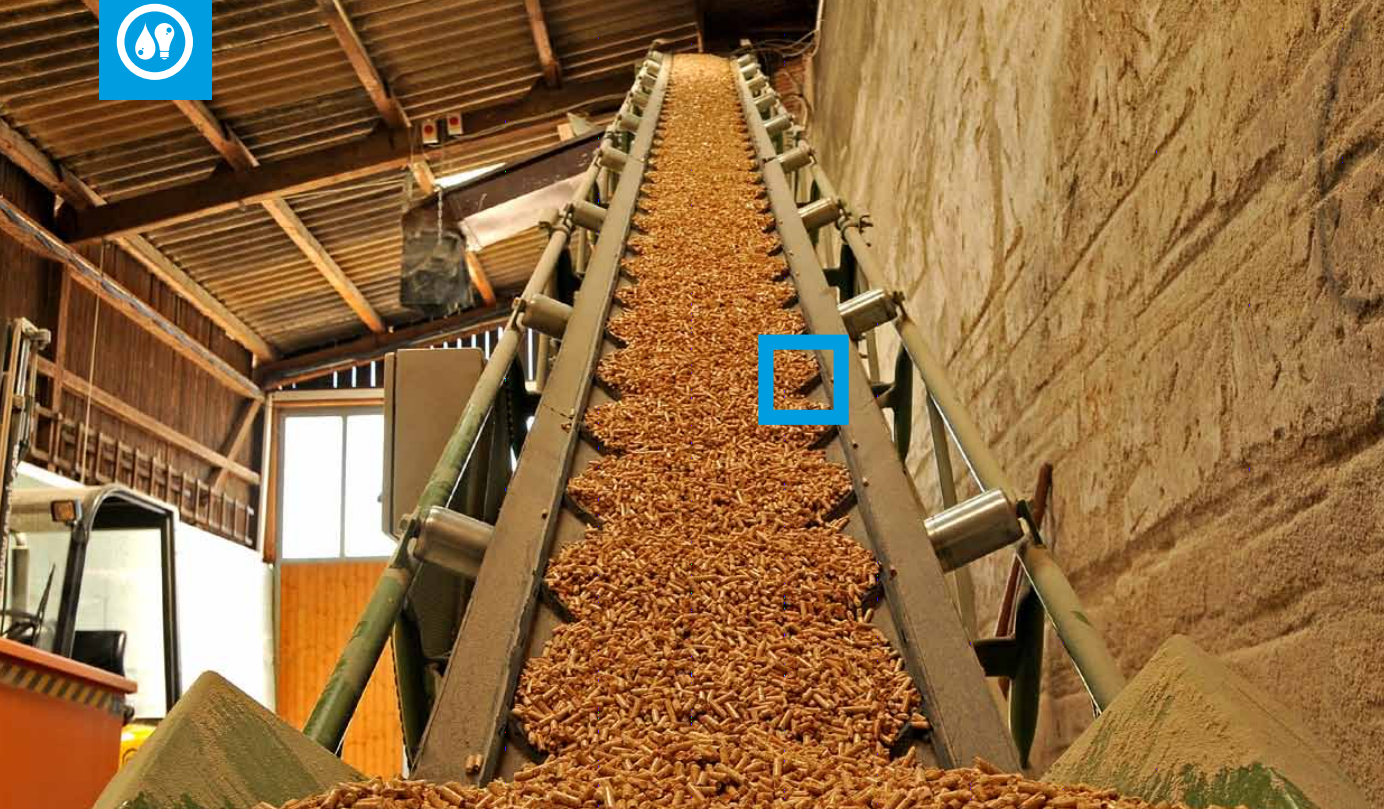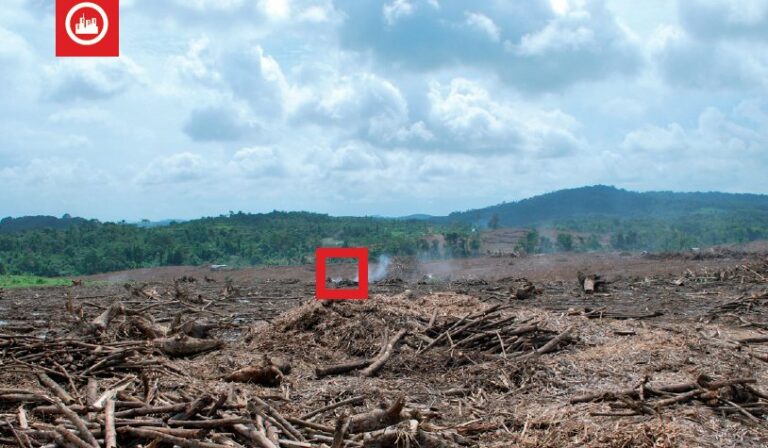
Lack of transparency in the biomass supply chain
The combustion of biomass for electricity generation is becoming a prominent alternative to fossil fuels. The Netherlands plays a key role in the global biomass industry as one of the largest consumers of wood pellets worldwide. As a result, biomass co-firing is a major topic of discussion in the negotiations currently taking place at the Dutch Social and Economic Council (SER). Despite recognised social and environmental risks associated with biomass production, major utilities in the Netherlands do not provide enough transparency on the origin of their wood pellets to ensure stakeholders that biomass-based electricity is not contributing to environmental degradation and human rights abuses.
The majority of biomass used for electricity generation in the Netherlands consists of wood pellets co-fired with coal in large power plants. Approximately 80% of these pellets imported, and they are made from various feed stocks, from sawmill residues to whole trees from plantations or even from native forests. If the biomass is produced in an unsustainable manner, it can lead to forest degradation, loss of biodiversity, land tenure/rights violations, rising food prices (as a result of competition for land) and human rights abuses.
Despite its green image, the use of unsustainably produced biomass can actually lead to an increase in CO2 emissions and have a negative effect on the climate. Knowing exactly how and where biomass is produced is thus critical for determining whether biomass meets sustainability criteria such as those developed by the Dutch ‘Corbey’ Commission on Sustainable Biomass Policy.
Exact origins of biomass often unclear
The SOMO report ‘From whence the wood?’, published today, addresses the lack of transparency in the supply chain in order to raise awareness and apply pressure on the end-users of biomass to take responsibility for improving the social and environmental conditions under which biomass is produced. The report sheds light on the origin of the biomass imported into the Netherlands by the country’s largest users – electricity companies E.ON, Eneco, EPZ (DELTA), GDF Suez, RWE/Essent and Vattenfall/Nuon.
SOMO’s report represents the most comprehensive and detailed public report to date about the origin of the biomass used by power companies to generate electricity in the Netherlands. The research reveals that much of the biomass comes from countries like Canada, the United States, and Russia, and that a small but increasing portion comes from developing countries like South Africa, Brazil, and Ghana. While most of the companies provide information on the country of origin, they provide few of the other details – such as the specific feed stock, the names of the forests/plantations, and the suppliers from which they source their biomass – crucial for determining whether the biomass is sustainably produced. Of the six electric utilities examined, Eneco can be considered the most transparent about its biomass consumption and procurement, followed by RWE/Essent and then GDF Suez. EPZ (DELTA) can be considered the least transparent.
Energy companies not transparent enough
The report concludes that none of the electricity companies is fully in line with international standards for supply chain transparency. Politicians, civil society organisations and consumers interested in a truly sustainable supply of energy should demand that these companies be more transparent about their suppliers.
Do you need more information?
-

Joseph Wilde-Ramsing
Advocacy Director
Related content
-

-
 Europe’s largest stand-alone biomass power plant highlights need for increased transparency on the origin of biomassPosted in category:NewsPublished on:
Europe’s largest stand-alone biomass power plant highlights need for increased transparency on the origin of biomassPosted in category:NewsPublished on: -
-
Bio-energy – sector overview Published on:
 Sanne van der WalPosted in category:Publication
Sanne van der WalPosted in category:Publication Sanne van der Wal
Sanne van der Wal

